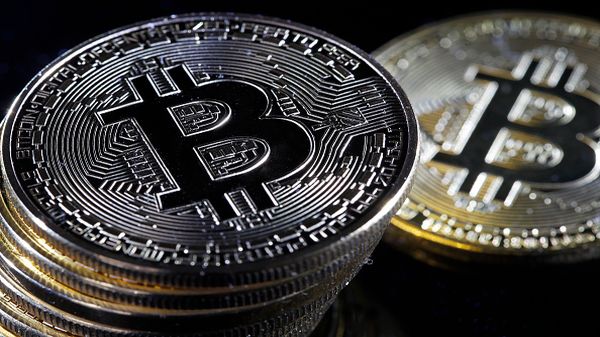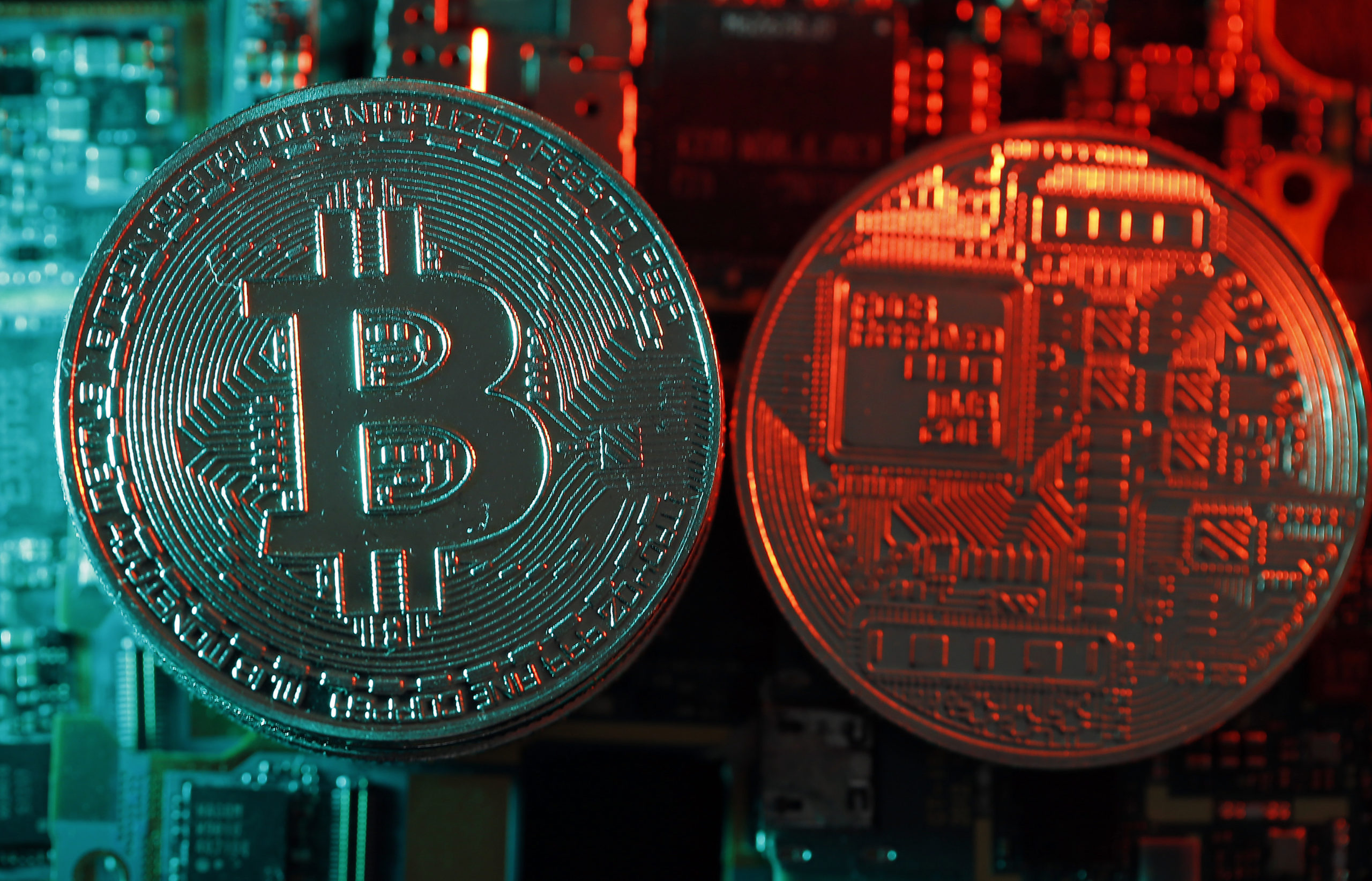Digital forms of money have been in the news as of late in light of the fact that charge specialists accept they can be utilized to launder cash and sidestep charges. Indeed, even the Supreme Court designated a Special Investigating Team on Black Money suggested that exchanging such cash be debilitated. While China was accounted for to have prohibited a few its biggest Bitcoin exchanging administrators, nations, for example, the USA and Canada have laws set up to limit stock exchange cryptographic money. Digital money, as the name recommends, utilizes scrambled codes to impact an exchange. These codes are perceived by different PCs in the client network. Rather than utilizing paper cash, an online record is refreshed by customary accounting sections. The purchaser’s record is charged and the merchant’s record is credited with such money.

At the point when an exchange is started by one client, her PC conveys an open figure or open key that communicates with the private figure of the individual accepting the money. In the event that the beneficiary acknowledges the exchange, the starting PC appends a bit of code onto a square of a few such scrambled codes that is known to each client in the system. Unique clients called ‘Excavators’ can join the additional code to the openly shared square by explaining a cryptographic bitxt and win more digital currency all the while. When a digger affirms an exchange, the record in the square cannot be changed or erased. Bitcoin, for instance, can be utilized on cell phones also to sanction buys. All you need do is let the beneficiary sweep a QR code from an application on your cell phone or bring them eye to eye by using Near Field Communication NFC. Note this is fundamentally the same as common online wallets, for example, Pay TM or MobiQuick.
Obstinate clients depend on Bitcoin for its decentralized nature, universal acknowledgment, secrecy, perpetual quality of exchanges and information security. Not at all like paper money, has no Central Bank controlled inflationary weights on digital currency. Exchange records are put away in a Peer-to-Peer organize. That implies each PC contributes its figuring force and duplicates of databases are put away on each such hub in the system. Banks, then again, store exchange information in focal vaults which are in the hands of private people recruited by the firm. Those putting resources into Bitcoins, for example, are subject to be charged on profits got.





 At the point when you are in a troublesome monetary circumstance, you probably will not have the opportunity to move toward your budgetary organization and have a loan handled as quickly as you need the cash. On the off chance that you are the sort that does not care to trouble others with your issues, you may likewise not discover obtaining the cash you need from loved ones. A payday loan can be your definitive arrangement in such circumstances. The payday loans are short terms little loans that are prepared quick to cover your crises and afterward you get the opportunity to reimburse them when your pay reflects. They make all the difference when you need cash and your check is still days or weeks away. The loans are mainstream and they accompany various reasons that make them helpful in those budgetary circumstances that truly cannot hold up till your next compensation.
At the point when you are in a troublesome monetary circumstance, you probably will not have the opportunity to move toward your budgetary organization and have a loan handled as quickly as you need the cash. On the off chance that you are the sort that does not care to trouble others with your issues, you may likewise not discover obtaining the cash you need from loved ones. A payday loan can be your definitive arrangement in such circumstances. The payday loans are short terms little loans that are prepared quick to cover your crises and afterward you get the opportunity to reimburse them when your pay reflects. They make all the difference when you need cash and your check is still days or weeks away. The loans are mainstream and they accompany various reasons that make them helpful in those budgetary circumstances that truly cannot hold up till your next compensation.
 These days, the global monetary circumstance is simply migrating towards an all out advanced eco-framework just as accordingly whatever start with money move to speculation is going paperless. And furthermore the cryptographic money is the current notwithstanding one of the most qualified upgrade to the field of electronic reimbursement. The cryptographic money is basically a trade medium like the typical monetary standards like USD, yet it is for the most part made for trading advanced information. Just as here are a couple of the reasons cryptographic money has really wound up being so favored in the current past. The financial experts regularly characterize digital currency as the technique that on a particular degree can be utilized to apply just as perform two-party concessions to the products like property just as autos. In addition, the digital currency natural network is in like manner used to lessen some expert exchange strategies. In the customary strategies for administration adventures, legitimate delegates, operators, and dealers can include some extraordinary cost and furthermore adequate trouble to even the clear buy.
These days, the global monetary circumstance is simply migrating towards an all out advanced eco-framework just as accordingly whatever start with money move to speculation is going paperless. And furthermore the cryptographic money is the current notwithstanding one of the most qualified upgrade to the field of electronic reimbursement. The cryptographic money is basically a trade medium like the typical monetary standards like USD, yet it is for the most part made for trading advanced information. Just as here are a couple of the reasons cryptographic money has really wound up being so favored in the current past. The financial experts regularly characterize digital currency as the technique that on a particular degree can be utilized to apply just as perform two-party concessions to the products like property just as autos. In addition, the digital currency natural network is in like manner used to lessen some expert exchange strategies. In the customary strategies for administration adventures, legitimate delegates, operators, and dealers can include some extraordinary cost and furthermore adequate trouble to even the clear buy.